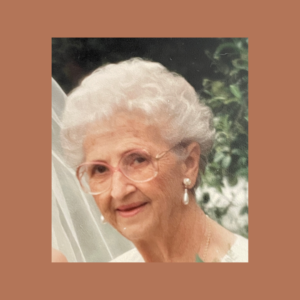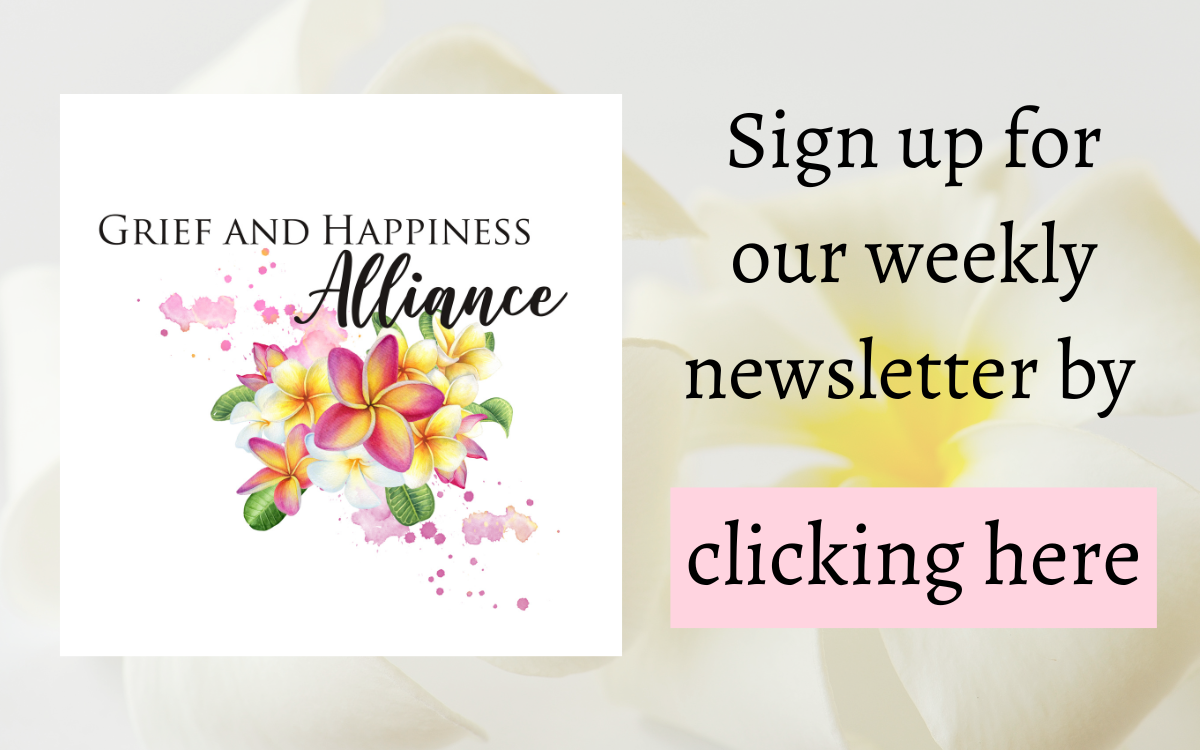
Mom drove from her house an hour away to be with us on Thanksgiving. We had a pleasant weekend and even went shopping because she wanted to buy an electric blanket. She got so cold at night. She drove herself home Sunday evening. On Tuesday I got a call from the business I owned that was on the same property as mom’s house. She always played Bridge on Tuesday mornings with the same three friends she had since they were all newlyweds. Her friends had called the company when she didn’t show up for Bridge. My staff checked on her and found her on the floor by her bed. She was alive but had fallen Sunday evening when she was trying to put the blanket on her bed. She was disoriented and dehydrated, so they took her to the hospital.
I drove up to the hospital right away. The doctors said they didn’t know exactly what was wrong with her, but she needed not to be alone when they discharged her a two days later. I stayed with her for a couple of weeks while she was seeing her doctor and having tests, then took her home with me. I called the doctor’s office because we had been waiting weeks for results. The nurse said the doctor had been busy, but I insisted on speaking to him. It turned out he was getting into his car to leave on vacation, but he took my call. He told me she had a brain tumor, it wasn’t cancer, it was inoperable, and he couldn’t talk to her until after his vacation.
My mother watched me on the phone with him and asked what he said, so I told her. We held each other and cried. After that, I was amazed at what happened. My dad had died a few years before, and she stopped smiling. After I told her this news, she started to smile again. She was happy that she didn’t have to live without him anymore. She lived eight more months.
Observing the changes in her mental state was challenging and fascinating at the same time. Sometimes she was there mentally, and sometimes she wasn’t. She ranged from carrying on conversations with me to having conversations out loud with people who had been gone for years, not noticing that I was there. I did have to watch her closely for her safety. We had a swimming pool she was fascinated with, so we had to keep the doors locked. One time she found an unlocked door and went running down the street laughing and seeming happy to be free, but terrifying to me as I chased her.
I was with her when she died. She had stopped eating and had lost so much weight that she was almost unrecognizable. I felt such a peace in the room when she left. Her sister was in the other room. Her sister had planned for me to be the one to manage her affairs if she couldn’t, and not long after this, her sister was diagnosed with the same type of brain tumor, and I got to go through the whole process over again. Aunt Ila didn’t recognize me and didn’t know where she was, but she did talk about her younger years, so that’s where our conversations took place. I was grateful that she had asked me to help her so that I was prepared when the time came.
What I learned from these experiences is getting frustrated doesn’t help. I always let them both know that they were loved and taken care of. I missed them much before they were no longer physically there. And I learned the grace, comfort, and beauty of loving unconditionally. If you find yourself in a similar situation, be sure to take good care of yourself which is something we tend to forget when we are in the caretaker role.
Sending you much love on your journey–
You can order Loving and Living Your Way Through Grief by clicking here at Amazon.
I would be happy to put you on the reminder list for or Writing Together Through Grief occurring on Saturdays each week by sending an email to me to emily@lovingandlivingyourwaythroughgrief.com and giving me your email address.
